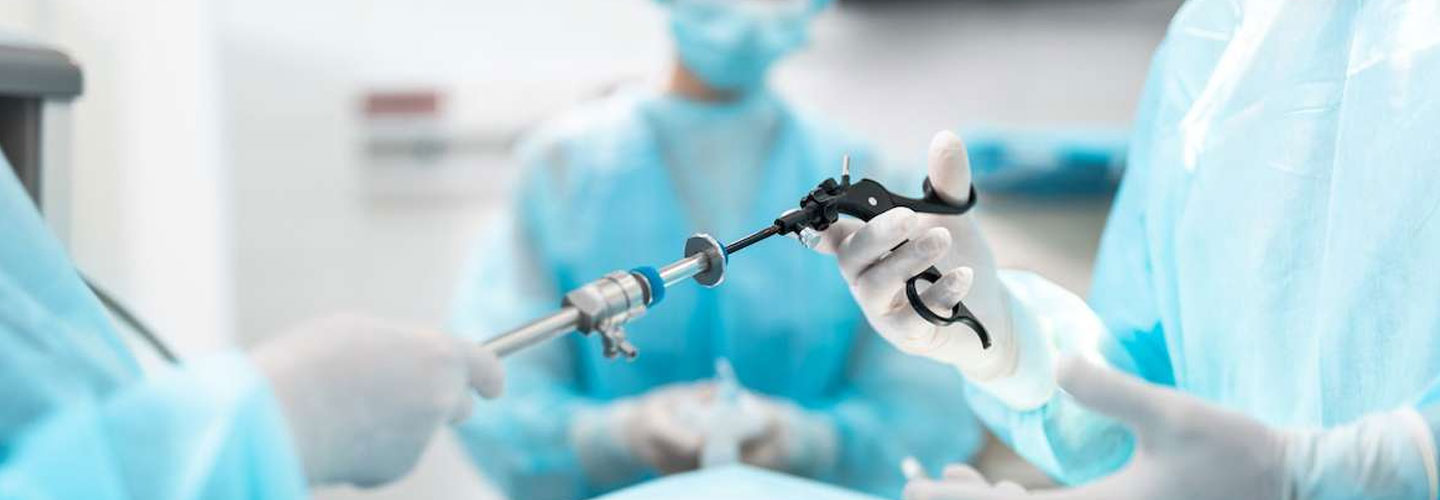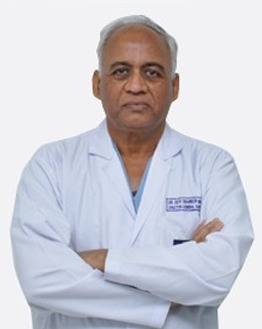Crohn’s disease is a long-term inflammatory bowel disease or IBD that can occur throughout the digestive tract, oesophagus and anus. However, it usually occurs at the ileum or end of the small intestine. The inflammation is mediated by the immune system, which is the defence system in our body and fights to invade disease-causing germs. However, this system can also become erroneously active and attack the indigenous resident flora of the gut or a layer or structural molecule in the GI system, causing redness, swelling, ulceration, and tissue destruction in the affected areas.
Crohn’s disease can occur at any age and affects around 4 to 10 people per 100,000 populations per year. While some patients develop the disease before the age of 35, usually, it occurs in adolescents and over 60 years. The inflammation is usually patchy, i.e. segments of the normal bowel wall are found between the multiple loci of inflammation. But in some cases, the inflammation may extend beyond the original site and deep into the wall of the affected part. Hence, this disorder often needs specialized management and patient compliance.
Symptoms:
Crohn’s disease attacks the digestive tract and causes inflammation there. It causes swelling and irritates the intestine to cause it to contract faster, resulting in diarrhoea. The other symptoms of this disorder are:
- Diarrhoea with bloody stools
- Abdominal pain
- Intestinal colic
- Fever
- Bone pain
- Skin problems
- Anal fissures
- An unexpected loss of appetite
- Sudden weight loss
- Anaemia
- Mouth sores
Crohn’s disease usually occurs only in adolescents or in people over 60 years. But in children, it can cause additional symptoms, such as:
- Growth delay
- Inflammation of the joints
- Asthenia
Causes & Risk Factors:
The exact cause of Crohn's disease remains unknown. However, there are several risk factors for Crohn's disease, such as:
- Family history. You're at higher risk if you have a close relative, such as a parent, sibling or child, with this disease. As many as 1 in 5 people with Crohn's disease has a family member suffering from the same disorder.
- Cigarette smoking. Cigarette smoking is the most important controllable risk factor for developing Crohn's disease. It's because smoking can lead to more severe damage to internal organs or other diseases.
- Nonsteroidal anti-inflammatory medications. These medications do not cause Crohn's disease, but they can lead to inflammation of the bowel that makes Crohn's disease worse.
Diagnosis:
Your doctor can perform a clinical examination and many tests to diagnose Crohn’s disease, including a physical exam and a bowel radiograph. They will also take your medical history to examine the following symptoms and symptoms:
- Repetitive cramping and abdominal pain associated with diarrhoea;
- Lesions in the anal area;
- The occurrence of similar cases in the family;
- Isolated or complete inflammation of the joints, eyes or skin.
If they suspect Crohn's disease, they'll order a blood test to reveal anaemia and increased white blood cells, which signify inflammation. Blood tests may be done to measure the titers of specific proteins produced by specialized cells of the active immune system.
Treatment:
Crohn’s disease treatment includes medicines, nutritional supplements, and lifestyle changes. Your doctor may choose one or more options, depending upon the location, severity, complications, and response to previous treatments if being treated for recurring symptoms. But if these treatments don't relieve your signs and symptoms, your doctor may recommend surgery.
During surgery, your surgeon will remove the damaged portion of your digestive tract and reconnect the healthy sections. They'll also close fistulas and drain abscesses. But the disease often recurs, and the best approach is to follow surgery with other treatments to minimize the risk of recurrence.
Why Eternal Hospital?
At Eternal Hospital, we have a highly qualified and dedicated team of urologists who are always committed to providing the latest and most advanced medical care to all our patients. Being a trusted name in healthcare, we act compassionately while ensuring confidentiality to those who need it. We have set high standards in patient-centric premium care along with outstanding patient safety and exceptional maintenance in a timely manner. We adhere to the use of up to the minute innovations to offer state-of-the-art treatments to our patients with unparalleled results.


